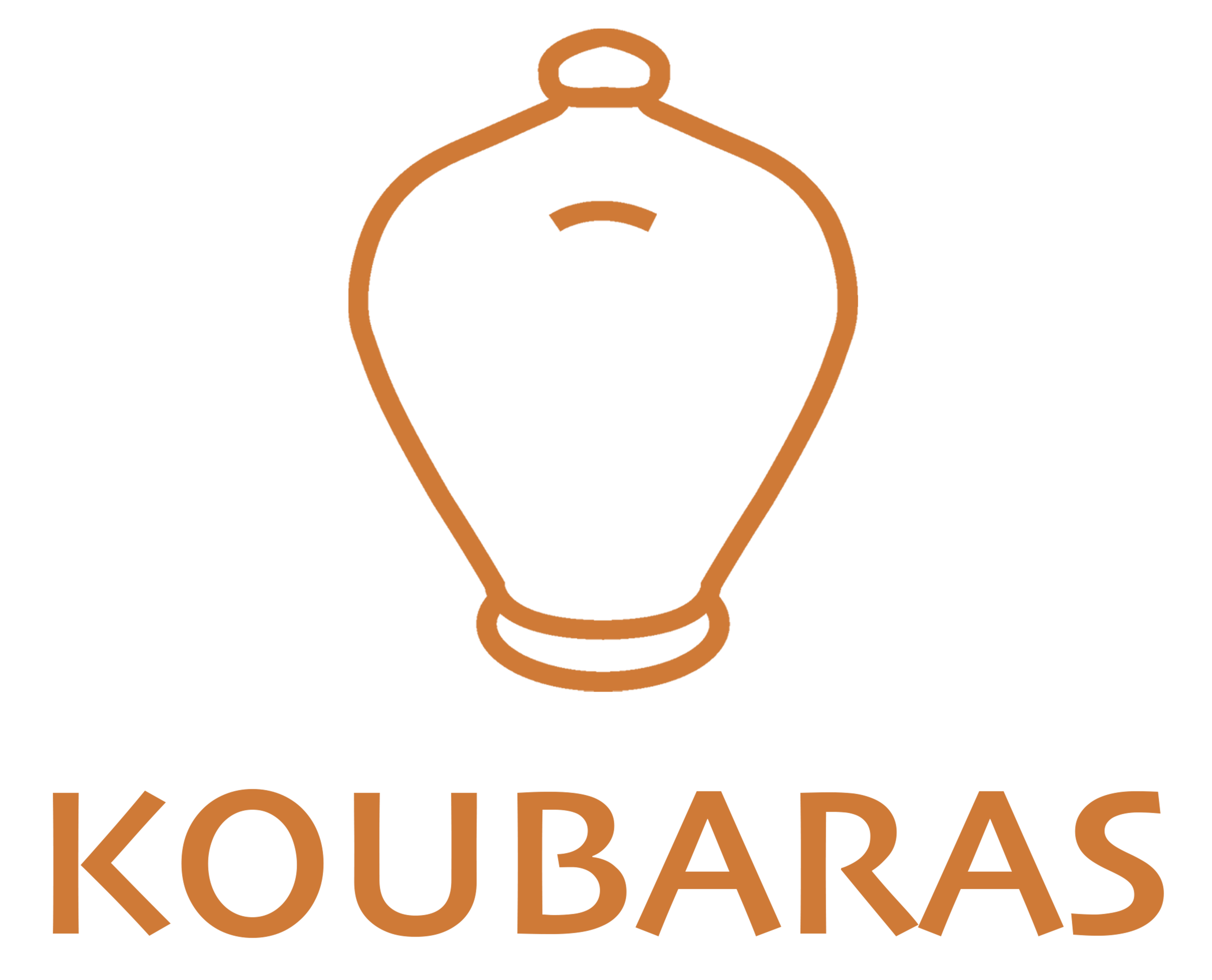“Telecommunications and technology, which have evolved
in our country in recent years, are the avenues of today
and tomorrow. If you have no roads, you can’t go anywhere.”
The Association of Business Executives (HSBC) recently invited me to talk about Blockchain and its business applications, in a wonderful meeting where many interesting and interesting issues were discussed about the future of business. The comments below are an extension of my placement in the conference.
After a decade-long crisis where precious time has undoubtedly been lost, the home business environment has been shaped and reshaped at high speeds. “Winning the time“, I would call the core business of the last few years. Optimism has returned, but confidence will come slowly and with work. We have not yet started the race for the 4th industrial revolution and we have to run. We must invest every available resource in this direction. State and business in the same direction.
Telecommunications and technology, which have evolved in our country in recent years, are the avenues of today and tomorrow. If you have no roads, you can’t go anywhere. But the transition to the digital age is not about the avenues but about the information that is moving in them.
The Internet of Things and Blockchain are going to overthrow the way we do, just as electricity has changed the world forever. These are not modern trends but bases of modern business. If you don’t have them, you just don’t exist …
Their penetration is still low, as most businesses have not realized that the speed of change is now 10 times faster than in the early 2000s. their overall strategy. I’m amazed at the momentum that the pioneers have gained in space.
China is so high in these areas that many find it precisely here the cause of the trade war declared by President Trump. Let’s think about it a little bit, efficiency, information, connectivity and sharing. These are hidden behind the concepts of the modern model of economic growth and prosperity.
Greece is still far from digital literacy in order to pursue successful models of advanced technology countries such as Estonia and Israel. The standards are different. In Estonia, they have taken advantage of the digital divide and invested in modern technologies, earning hundreds of billions in intermediate investment. Their future will be judged by their participation in the investments that will have to be made from now on. Israel has created technology roads. He invested in the future, took risks, changed the educational model, set up companies, and mainly left those who failed to do so.
Many tell me that we cannot become Israel. I ask them: Do we want to? If we want, it’s all we can do. Today, innovation rests on brain power.
Without waiting for the country to change radically, businesses will have to shape their vision for the next few years, study their financial, personnel, other resources, and move on to the future.
In the future, online networks will have a large market share, but will also support offline ones. The combination of resources is the future, as it has been in the past. People want real touch and great efficiency over everything else.
Theodore N. Krintas, PhD, CIIA, is the founder and CEO of Koubaras Ltd. Koubaras Ltd is a consulting value boutique, focusing on the right solutions and their immediate implementation.
